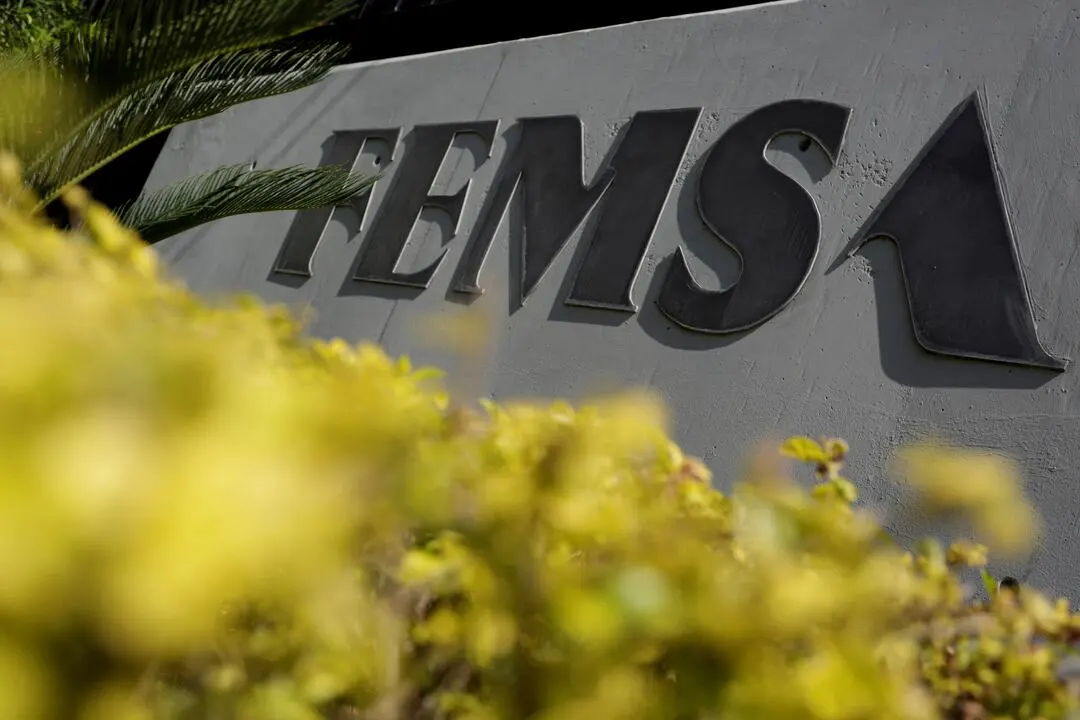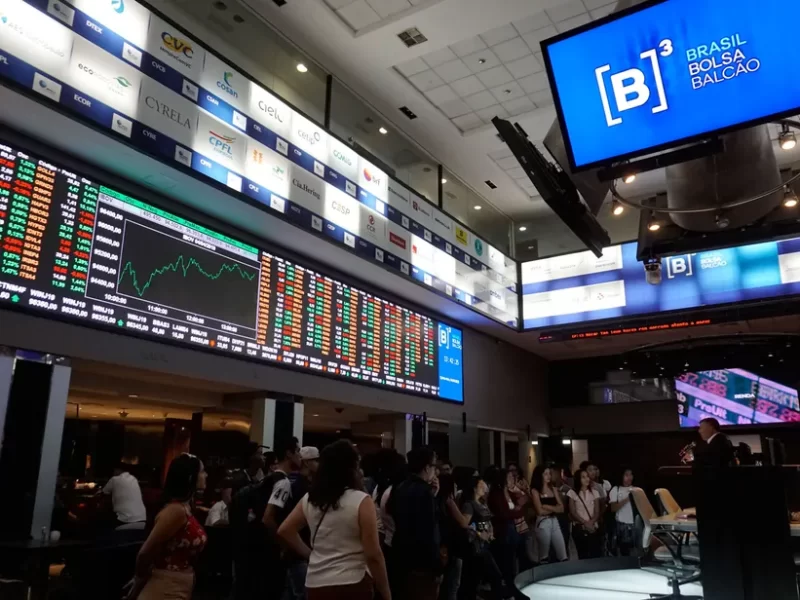FEMSA, Coca-Cola’s main retailer in Mexico, has made significant progress in its business restructuring plan. The company has completed and announced the sale of three business divisions this year, totaling 15.225 million pesos ($900 million).
These sales are in line with FEMSA’s strategy to streamline operations and focus on core businesses. On November 4, FEMSA finalized the sale of its subsidiaries AlPunto, Imbera and Torrey to Mill Point Capital.
The private equity firm bought these assets for 8,000 million pesos ($470 million), including net cash and debt. This transaction marks an important step in FEMSA’s restructuring efforts.
The sale includes refrigeration and food service operations. FEMSA had first announced this agreement on July 17, setting the stage for its conclusion. This move demonstrates the company’s commitment to its investment strategy.
Earlier, on October 24, FEMSA reached an agreement with AMMI, a subsidiary of Milenio Capital. The deal included the sale of the plastic solutions operations for 3,165 million pesos ($190 million), net of cash and debt.


This business line was part of AlPunto, further enhancing FEMSA’s portfolio. In addition, FEMSA agreed to sell its logistics transportation management operations in Mexico.
Strategic Distributions of FEMSA
The deal also includes contract logistics in Mexico, Brazil and Colombia from its subsidiary Solistica. Grupo Traxion, a Mexican transportation and logistics company, will acquire these operations for 4,060 million pesos ($240 million).
These sales are part of FEMSA Forward, a strategic plan introduced in February 2023. The plan aims to sell non-strategic assets over a period of 24 to 36 months, depending on market conditions.
This approach reflects FEMSA’s adaptive strategy in a changing business landscape. FEMSA’s actions demonstrate a clear focus on core competencies.
By shedding non-core assets, the company aims to increase its operational efficiency and financial performance. This strategy could position FEMSA for stronger growth in its primary markets.
The company’s move also reflects broader trends in the beverage and retail industry. Many firms are reassessing their portfolios to adapt to changing consumer preferences and market dynamics.
FEMSA’s distributions can provide valuable insights for other companies considering similar strategies. As FEMSA continues its restructuring, stakeholders will be watching its progress closely.
The success of these sales may influence future strategic decisions in the Mexican and Latin American business landscape. It remains to be seen how these moves will affect FEMSA’s long-term performance and market position.



